A few months ago, a woman named Claire Fox came to my school to speak to the sixth form. As founder of the Institute of Ideas, a platform that promotes free speech and unobstructed debate, Fox is renowned for being controversial, and she certainly lived up to her reputation that day. Her main topic was 'Generation Snowflake'; namely, today's young adults, who are so-called because we take offence too easily and are (supposedly) less resilient than previous generations.
Fox argued that nowadays, when someone disagrees with a young adult, they get upset or angry and feel like their views are being 'attacked'. Constructive debate is near-impossible when this sort of reaction is commonplace, as people tend to focus more on being politically correct and inoffensive than freely sharing their opinions. Young people, she claimed, are being 'coddled' instead of being exposed to different views, which limits us in two ways: we are less able to defend our opinions because we don't fully understand the alternatives, and we have fewer opportunities to change our minds. Changing your mind about a topic may be scary, but it happens frequently - Fox herself told us how many years ago she changed her strong pro-life stance on abortion to strongly pro-choice - and it cannot happen if we don't have access to opposing views.
Personally, I have rarely felt too 'protected' from others' opinions; most people at my school are very opinionated and we are encouraged to discuss and debate constructively from a young age. There are often disagreements, as we come from a diverse range of backgrounds and have very contrasting political and moral views, but rarely do any cause major upset to the parties involved.
It seems that much of the 'coddling' comes at university level, however, with a sharp rise in the demand for 'safe spaces' and 'no platform' in recent months coming from university students. 'Safe spaces' are physical and mental environments in which a particular group of people can feel safe and free from the threat of harassment, whilst 'no platform' is a policy which denies particular groups or speakers (usually with fascist or racist views) the chance to speak in public forums. Both of these ideas are advocated by the National Union of Students, who believe that students should be comfortable in their learning environment and should not feel targeted or threatened in any way.
As Louise Richardson, Vice-Chancellor of the University of Oxford, told The Guardian, however, 'education is not meant to be comfortable'. The creation of these 'safe spaces' means that students are no longer having their views challenged, which I think takes a lot of the excitement out of learning; how will you ever question yourself if the only opinion you hear is your own? That said, some have argued that 'safe spaces' are a necessity in our society, not just due to the protection they offer those who use them, but because they give a voice to those who are often marginalised, such as transgenders or racial minorities.
Despite this, it seems to me like segregation is actually fomented as a result of these 'safe spaces', as each one is, I believe, exclusive to a particular group of people, who are encouraged to spend time with those who share their background, thereby suggesting that these are the only people that can understand them. I don't think this is true at all, and it worries me that the sharing of different ideas and experiences is being limited as a result.
Then again, as a privileged white female, is it my place to say that 'safe spaces' are wrong? Can I only say that because I have never needed one?
Perhaps it is not my place to denounce a protection measure designed to aid those frequently targeted by society, but I would point out to the students who use these measures that 'safe spaces' do not exist in the real world. Once you're out there, very few people will worry about protecting you, and you may well struggle if you're not equipped to deal with that.
At the very beginning of her talk, Fox warned us that we weren't going to agree with everything she said, and she was right; I didn't. But that wasn't the point; the point was that we had the right to hear her speak anyway, regardless of whether we liked what she said or not. One girl really didn't agree with her, and burst into tears at the end of the talk because she was so offended by what she'd said. This girl did a wonderful job of proving Fox's point, and her reaction suggested that maybe we do deserve the title of 'Generation Snowflake'. I disagree. Out of over 200 students, she was one of a tiny handful to react this way; the rest of us loved hearing Fox speak and agree wholeheartedly that we are the ones who should be deciding whose views we are exposed to. Hearing an opinion that is not your own shouldn't lead to a meltdown, it should be seen as an opportunity to expand our knowledge and understanding of the world and the people in it. The majority of us don't deserve to be called 'Generation Snowflake'. Let's show everybody else that.

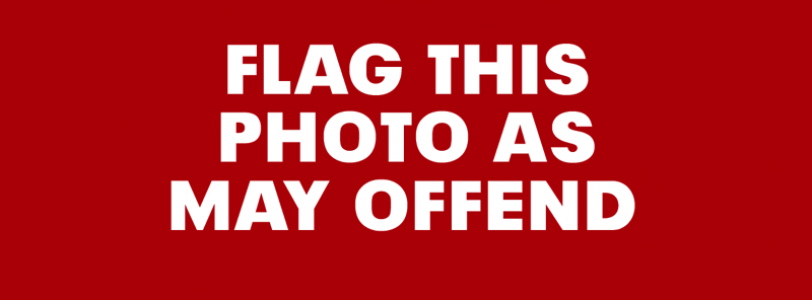
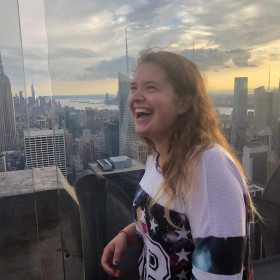
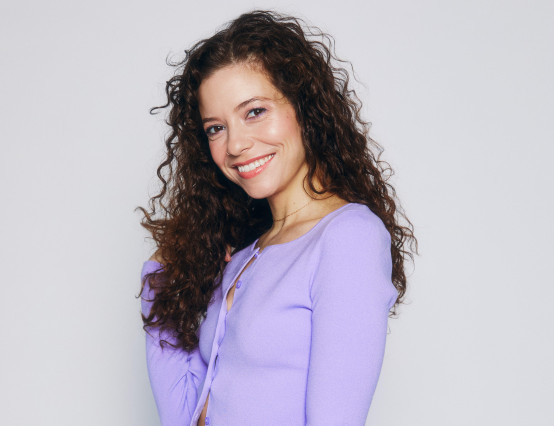
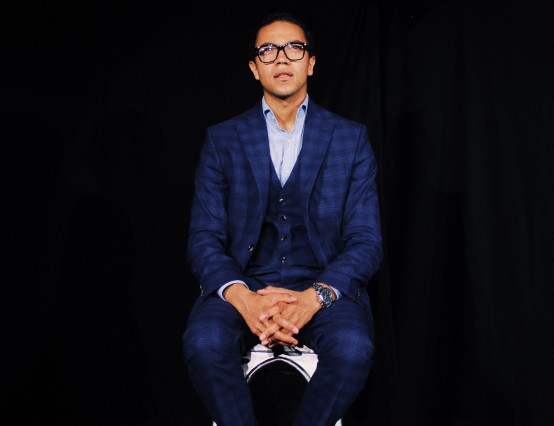
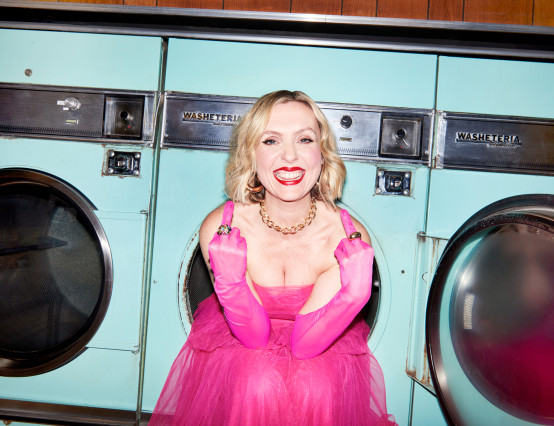
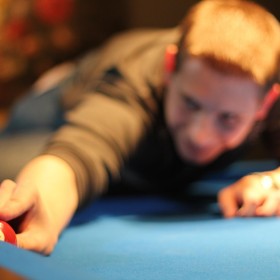





A great blog Sam! Some interesting points :)